About this resource
This ‘Triple A’ resource is designed to raise awareness and understanding of a set of difficulties that impact many children in our schools – difficulties with Attention, Arousal and Anxiety.
The resource is intended primarily for educational professionals, for example teachers, teaching assistants, SENCOs, and school leaders. It may also be useful for the broader school staff (administrative, canteen, caretakers). We hope the resource will be helpful for thinking about primary and secondary school children.
We think this resource will also be useful for parents and families who wish to understand these issues better for their children. Ultimately, we hope that this resource will have the effect of helping to break down barriers to learning and engagement at school for autistic and neurodivergent pupils.
Everyone who does this training will receive a certificate of completion at the end. You will also have the opportunity to download a ‘Triple-A Toolbox’ – a tailored set of support strategies that you would find useful in supporting Triple-A needs.
Who we are
Click on the profile pictures to view biographies.
Centre for Neurodiversity & Development Team
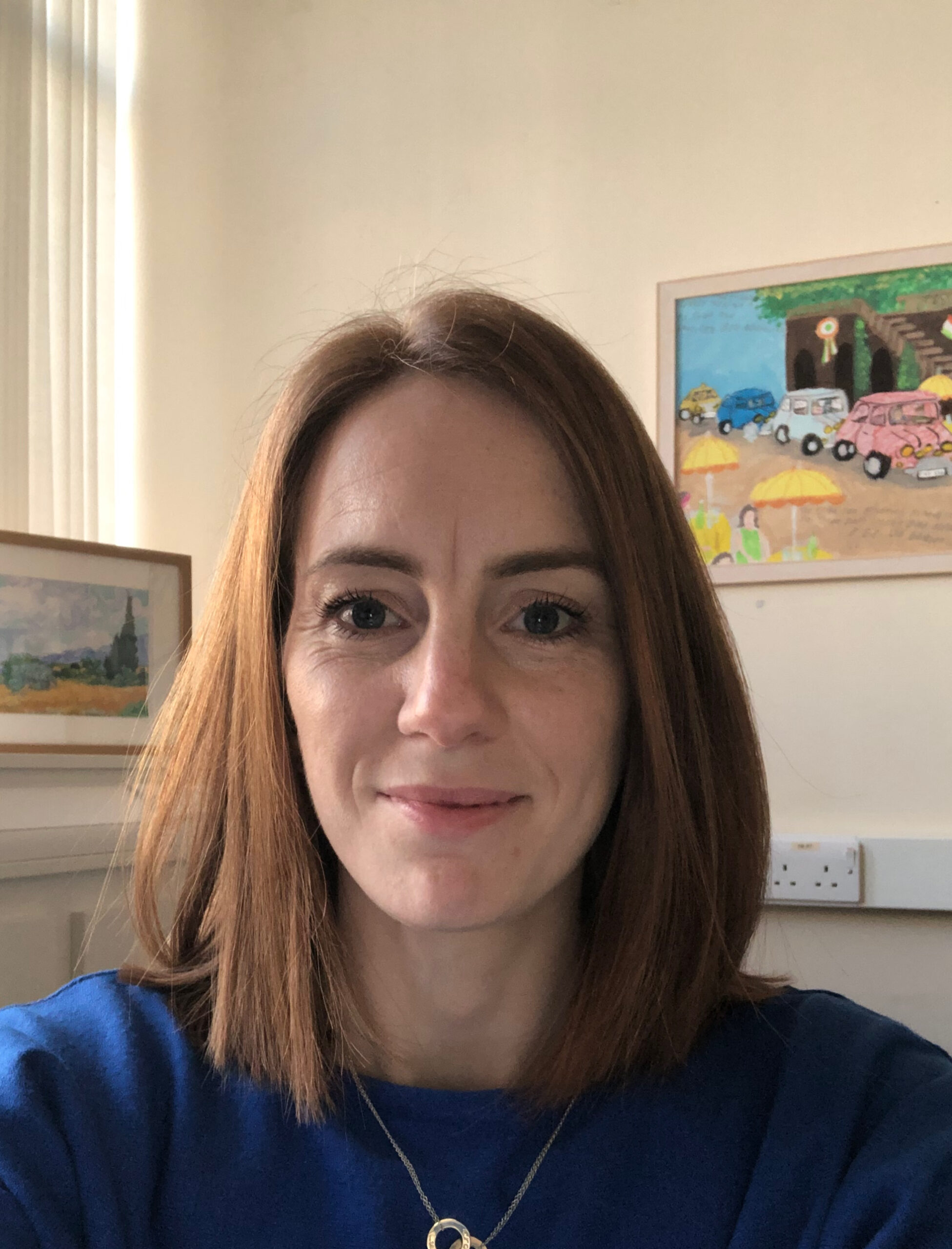
Dr Mary Hanley
Project Lead
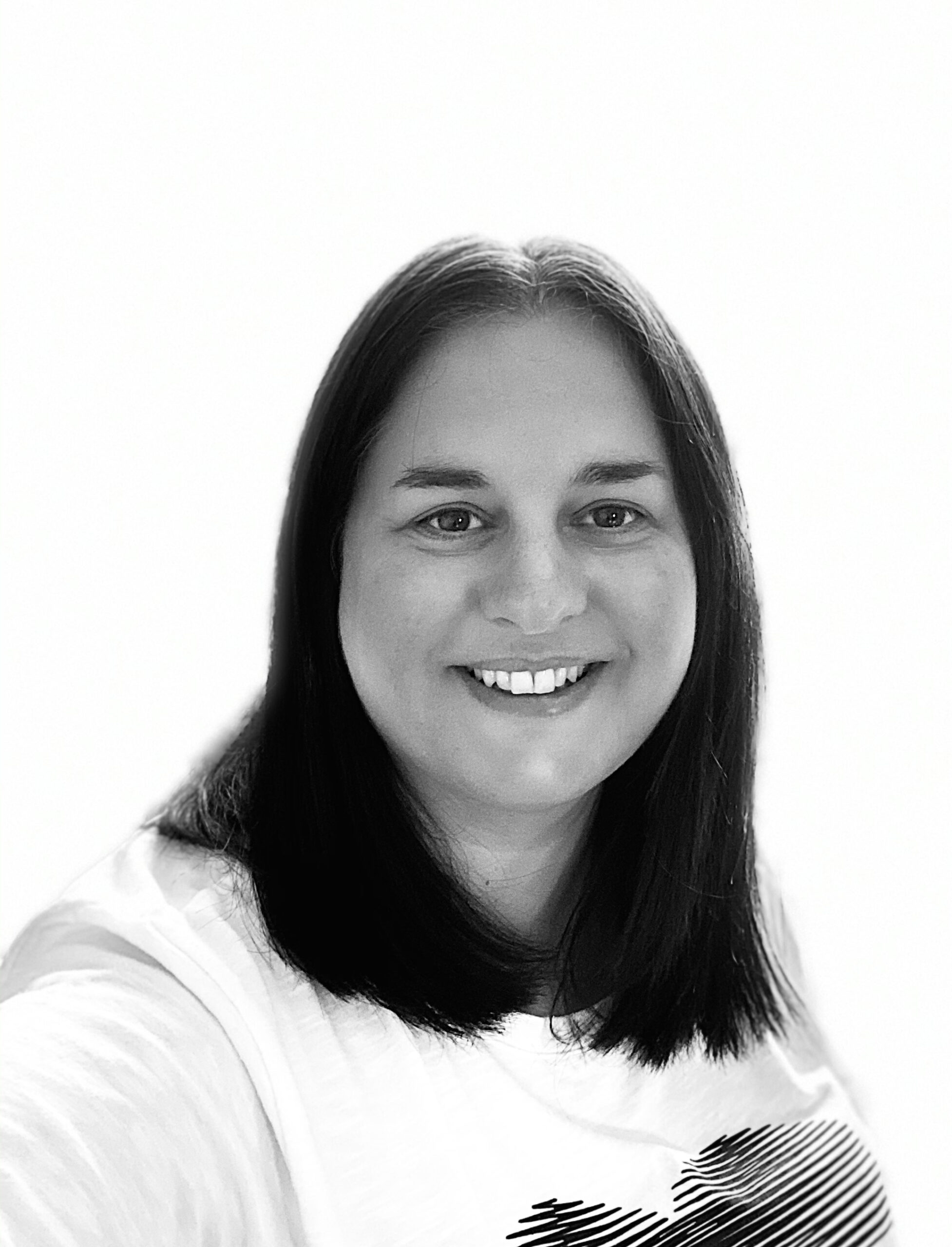
Prof Deborah Riby
Project Co-Lead
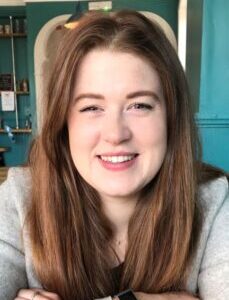
Jessica Hirst
Lead Research Assistant
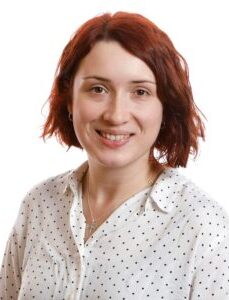
Dr Emily McDougal
Project Collaborator
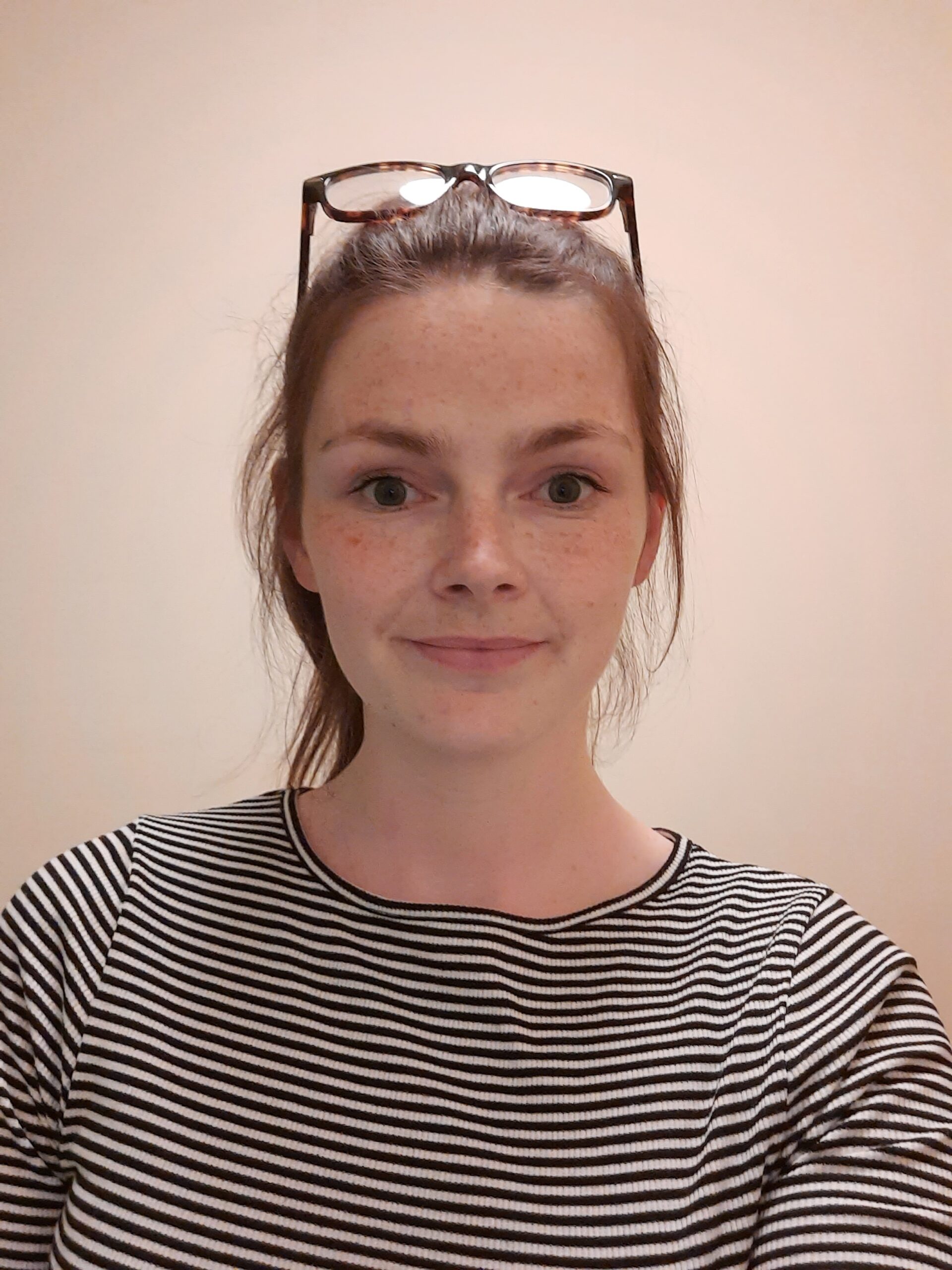
Rosie Johnson
Research Assistant
Communication & Interaction Team Collaborators,
Durham County Council

Dr Janet Crawford
Principal Education Psychologist
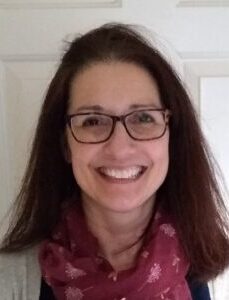
Elizabeth Mulholland
Team Leader, Communication & Interaction Team
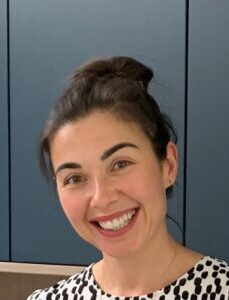
Helen Sellars
Communication & Interaction Team
Advisory Board
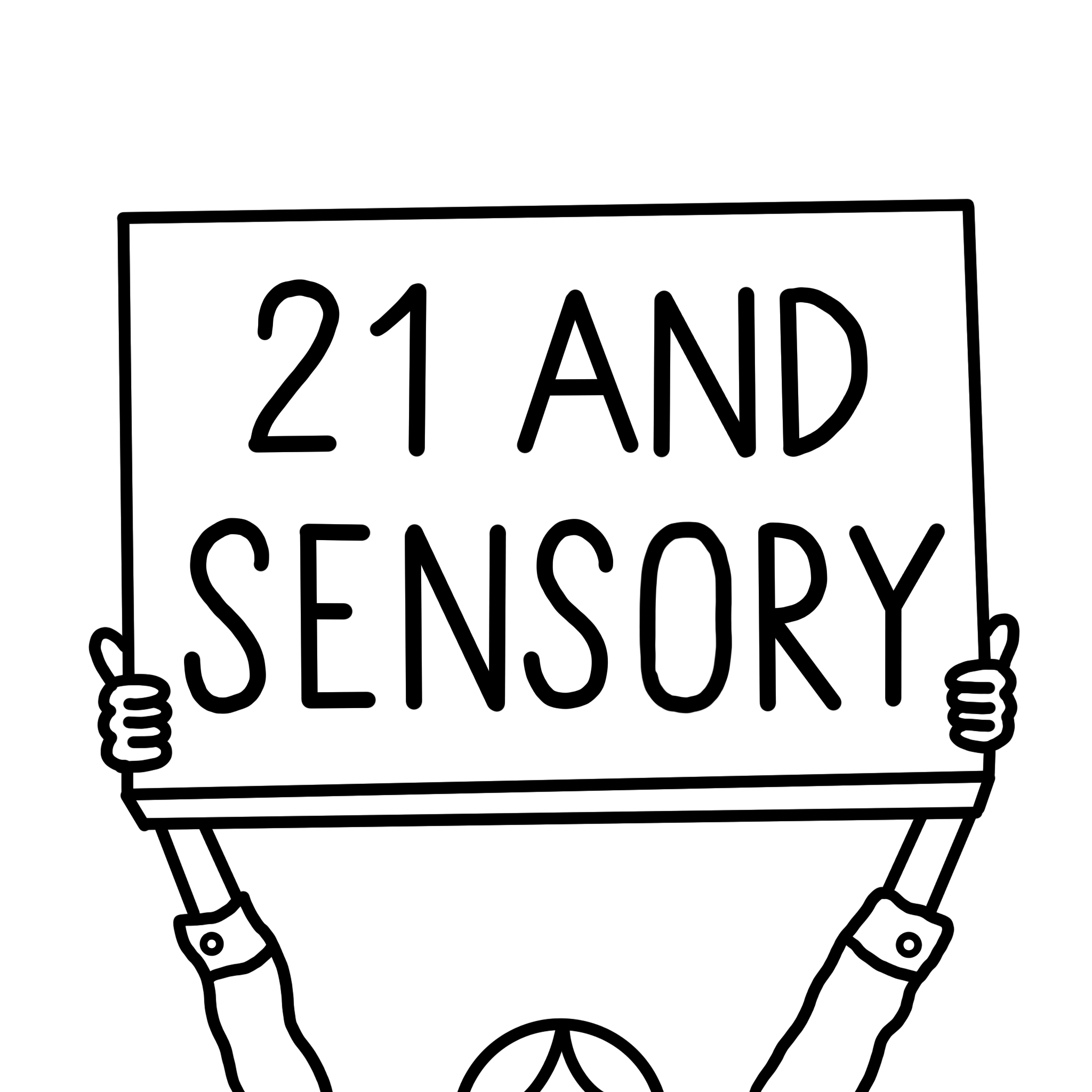
Emily @21andsensory
Advisory team member
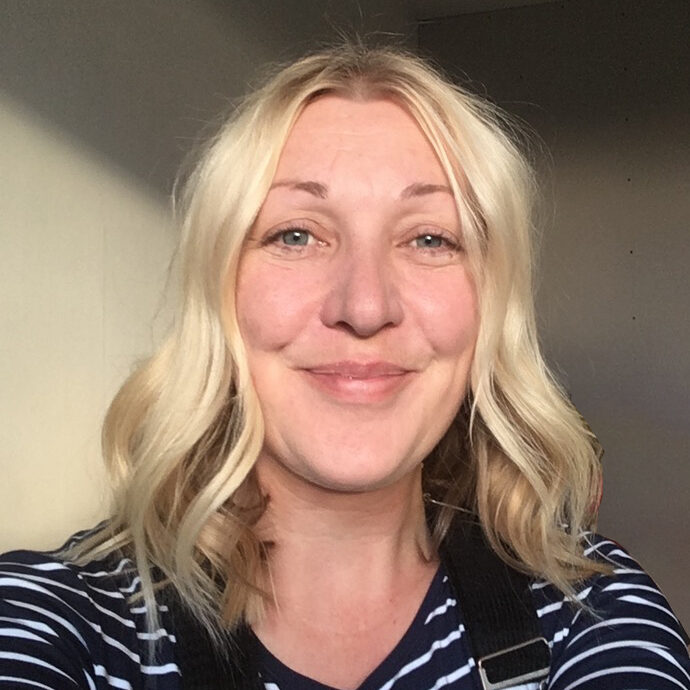
Amanda Hookway
Advisory team member

Charlie Hookway
Advisory team member
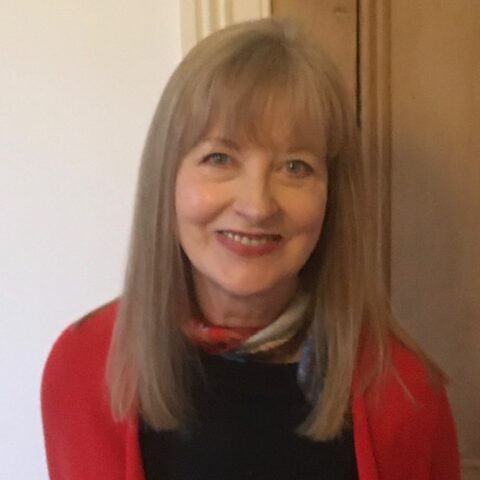
Prof Sue Leekam
Advisory team member

Sharon Minikin
Advisory team member
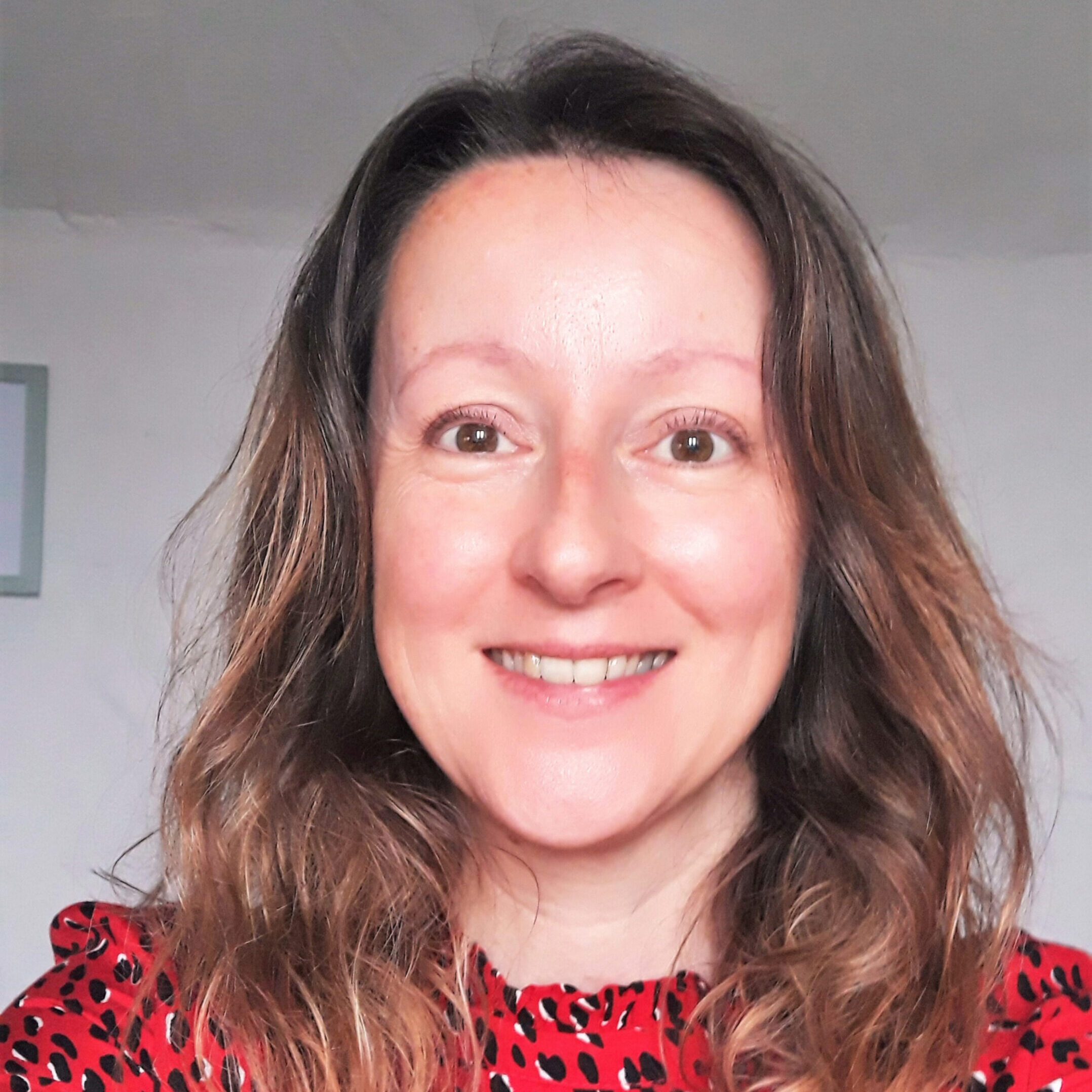
Marie Preece
Advisory team member

Mollie Preece
Advisory team member

Jayne Sayers
Advisory team member
Acknowledgements
We are extremely grateful to the autistic children and young people, parents and teachers, who have taken part in our research and the development work for this training tool. Without their participation and contributions, this simply would not have been possible. We hope that this tool benefits autistic and neurodivergent children and young people in schools by raising awareness and understanding of Triple-A issues.
We would also like to acknowledge and thank the following people:
We are grateful to the ESRC IAA and Research England for funding this impact project, enabling us to translate our research in order to support autistic and neurodivergent pupils at school.
We are grateful for the expertise, guidance and input from our fantastic collaborative partners in this Triple-A work – the Communication and Interaction Team from Durham County Council, especially Dr Janet Crawford, Ms Liz Mulholland and Ms Helen Sellars.
We are grateful to the collaborative partners and funders that supported the research that underpins the Triple-A training, including the North East Autism Society, The Croft School, and the North East Doctoral Training Centre (NEDTC, now the Northern Ireland and North East Doctoral Training Partnership).
We are especially grateful to our wonderful advisory group (listed above) who have provided their expert advice, guidance and lived experience in order to share this training tool to what it is now.
We are very grateful to Ella Willis (Newcastle based autistic illustrator and online content creator; ellawillis2000@gmail.com ) for her wonderful illustrations to convey Triple-A issues.
Thank you to our wonderful technical team in the Department of Psychology for your help in producing videos for this tool, especially Simon Thurlbeck, Elaine Stanton and Sarah Stansfield.
We acknowledge the wonderful research led by Dr Liz Jones (done as part of her PhD, working with Mary and Debbie) that has contributed to this training tool.
We acknowledge the use of images from Flaticon, specially those contributed by Freepik – what a useful resource.
We acknowledge the wonderful work of the Prism team (Premature Infant Skills in Mathematics) in supporting prematurely born children in the classroom. Their online tool offered inspiration to us for how we could translate our research to practice using an online medium.
Triple-A

Attention
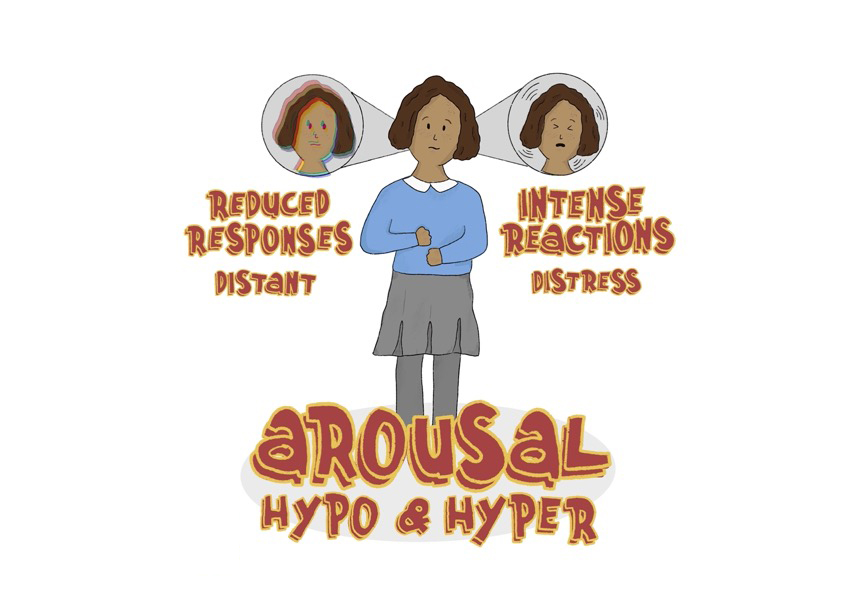
Arousal


